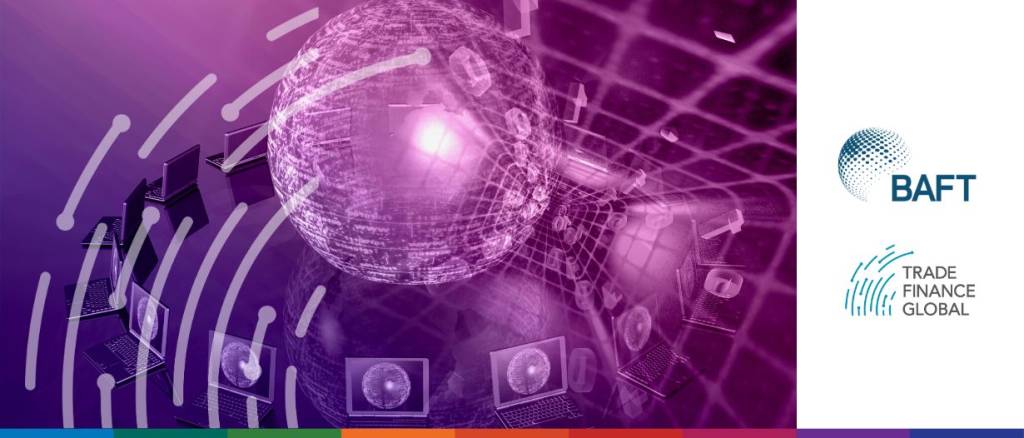ACI Real-Time Payments Cloud Platform, Hosted in Microsoft Azure, Helps Financial Institutions Enable Instant Payments Transactions Faster MIAMI, FL — September 18, 2023 — ACI Worldwide (NASDAQ: ACIW), a global leader in… read more →
Interoperability in open banking and open finance has many different facets and can mean many different things.
At Sibos, Citi Treasury and Trade Solutions (TTS) has unveiled the initiation and testing stage of Citi Token Services, an innovative platform engineered to improve cash management and trade finance… read more →
Monday, Lloyds Bank announced that they have invested €3 million in Enigio to help expand their use of digital documentation in trade. The €3 million investment will allow Enigio to… read more →
Bank of America is augmenting its CashPro Chat service, a key component of the CashPro banking platform used by over 40,000 corporate clients globally. The upgrade incorporates artificial intelligence and… read more →
HSBC has unveiled a digital platform that enables both business and corporate clients to establish accounts for multiple commercial entities across various markets, all from a single location. Through a… read more →
Transitioning from documents to pixels, from cash to virtual payment gateways, and from local markets to international ones, the sweeping transformation of global trade into the digital world is redesigning the trade finance ecosystem. The alliance between ClearEye and J.P. Morgan represents the metamorphosis of the future of trade finance digitisation.
To learn about this hidden, but vital aspect of finance, Trade Finance Global’s Brian Canup (BC) spoke to Veronica Fernandez (VF), Senior Vice President and Regional Head of Visa Commercial Solutions for North America at Visa.
In an era marked by technological advancement and rapid digitisation, the landscape of financial transactions has undergone a transformative shift. Traditional modes of payment, such as checks and physical currency, have given way to the convenience and efficiency of digital payments.
The FIT Alliance, formed of BIMCO, DCSA, FIATA, ICC, and Swift, has initiated the “Electronic Bill of Lading Declaration” to enhance the efficiency, reliability, sustainability, and security of global trade through the use of electronic Bills of Lading (eBLs).
























